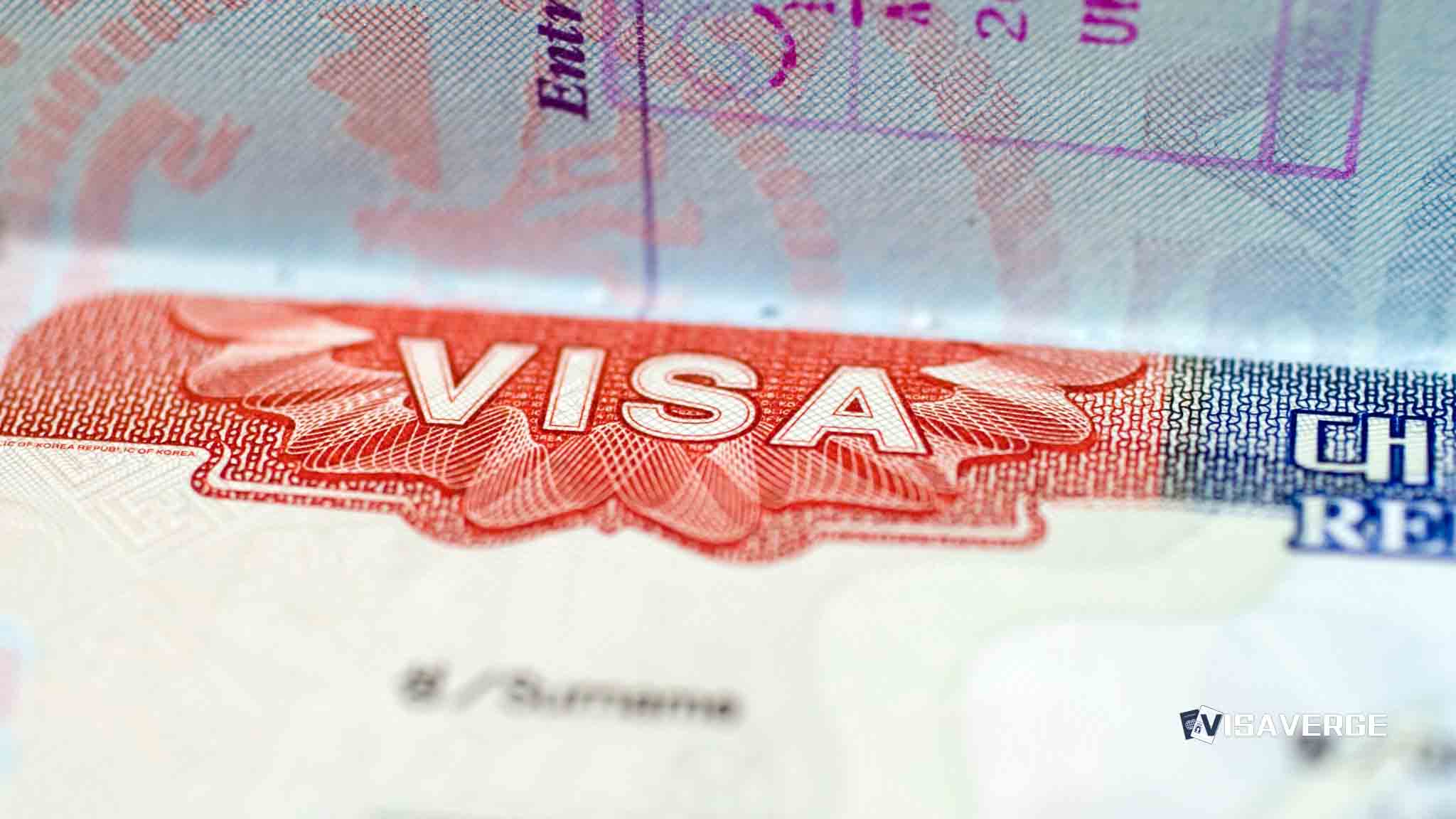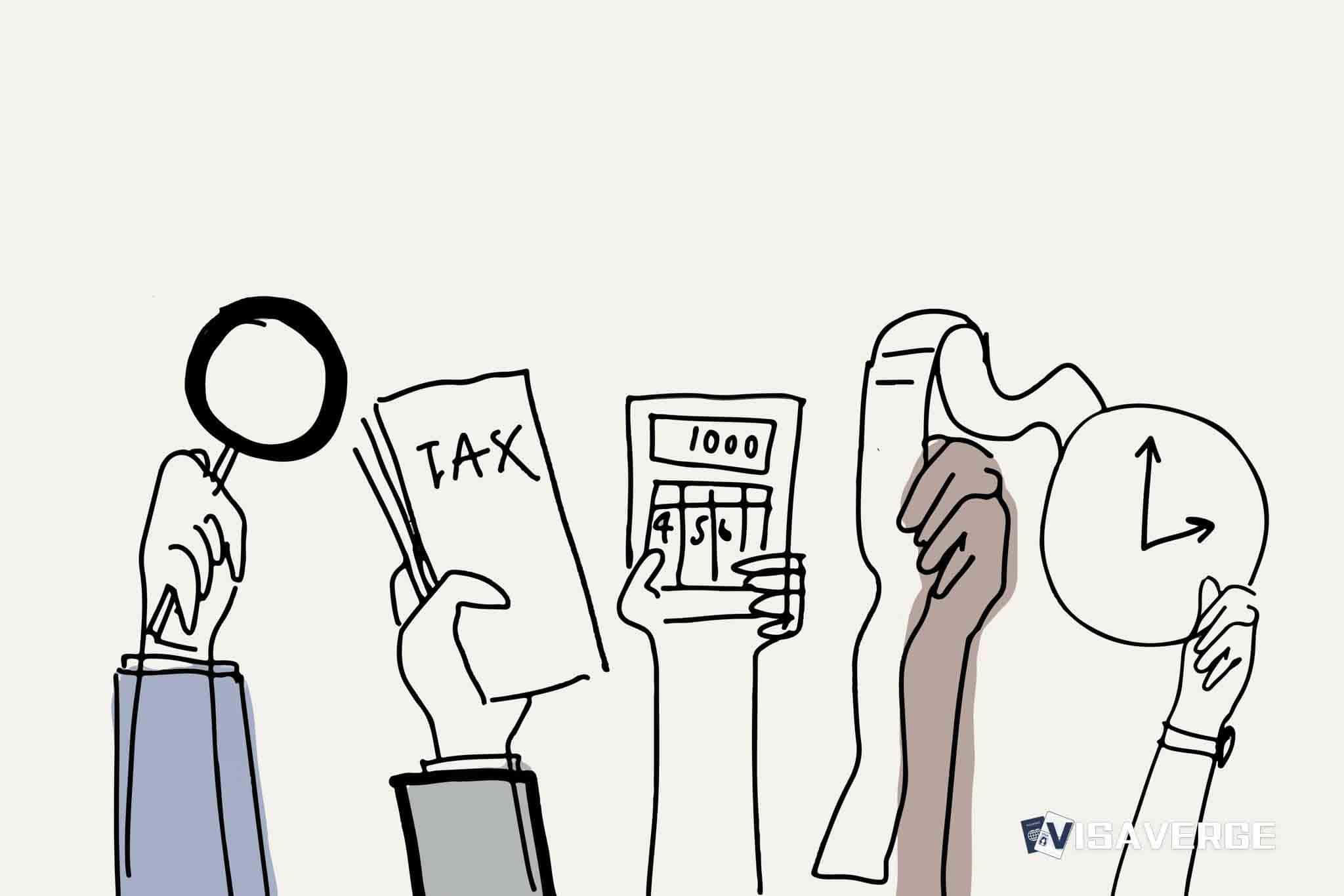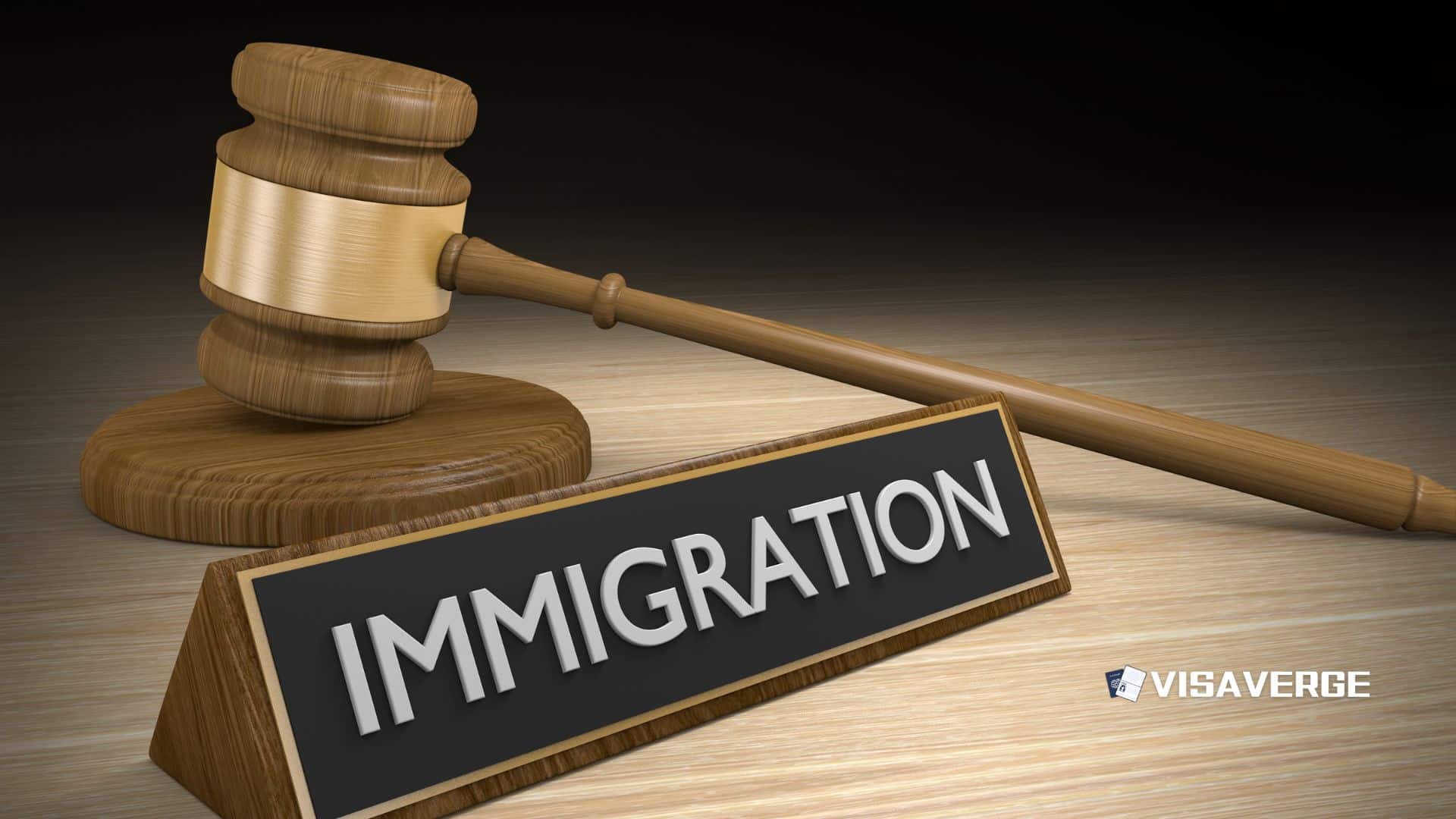Understanding I-140 Processing Times
When applying for U.S. permanent residency, the I-140 form, known as the Immigrant Petition for Alien Worker, is a crucial step. Typically, processing this form can take several months; however, certain circumstances may require quicker action. If you are facing an emergency and need to expedite your I-140 immigration application, the United States Citizenship and Immigration Services (USCIS) has procedures in place to handle such situations.
Can You Expedite Your I-140?
The short answer is yes, but it’s not guaranteed. The USCIS considers expedite requests on a case-by-case basis. To have your application expedited, you will need to demonstrate that your request falls under one of the specific criteria for expediting applications.
Criteria for Expediting an Application
Your expedite request must align with at least one of the following conditions:
- Severe financial loss to the company or individual
- Emergency situations
- Humanitarian reasons
- Nonprofit organization whose request is in furtherance of the cultural and social interests of the United States
- Department of Defense or national interest situation
- USCIS error
- Compelling interest of USCIS
If your situation qualifies for expedited processing, you will need to provide supporting documents to strengthen your emergency USCIS request.
How to Request Expedited Processing
To initiate an expedite request, follow these steps:
- Contact USCIS: Reach out to the USCIS Contact Center. You can do this by calling them or applying online through your USCIS account, where you must provide the reason for the emergency request.
- Provide Evidence: Be ready to submit any supporting evidence that can back up your claim. This may include medical documents, letters from your employer, or any relevant legal paperwork illustrating the urgency.
-
Wait for the Review: After submission, a USCIS officer will review your request. This does not guarantee that your application will be expedited. If more information is needed, USCIS will contact you.
After Submitting Your Expedite Request
Once you have submitted your expedite request, USCIS will typically respond to let you know if your expedite request has been accepted or denied. Keep in mind that even if they agree to expedite your I-140 processing, there is no specific timeline for how quickly your application will be processed.
What If Your Expedite Request Is Denied?
If your request to expedite immigration application is denied, you can expect to proceed through the standard processing time. Additionally, keep in mind that premium processing is also an option for certain employment-based petitions, which requires an additional fee.
Important Considerations and Resources
When considering an expedite request, always ensure the legitimacy of the emergency and that your request is made honestly with appropriate evidence. Misrepresentation can lead to serious legal consequences.
For more information on I-140 processing and how to expedite your application, refer to the following resources:
In concluding, facing an emergency when dealing with I-140 processing can be stressful, but understanding the proper channels to expedite your application can ease the process. Prepare your request meticulously and provide substantial proof to enhance your chance of having the application processed more quickly in times of need.
And there you have it, folks! The lowdown on expediting your I-140 process. Remember, it’s not a guaranteed fast pass, but if you find yourself in a sticky situation, the USCIS might just come to your rescue. Just make sure to provide all the necessary evidence, and who knows, you might be on the fast track to permanent residency! For more in-depth info, head on over to visaverge.com. Trust me, it’s worth the click!
FAQ’s to know:
FAQ 1: Can I request expedited processing for my I-140 application?
Yes, you can request expedited processing for your I-140 application. However, the approval is not guaranteed and is reviewed on a case-by-case basis by the United States Citizenship and Immigration Services (USCIS). You must demonstrate that your request meets one of the specific criteria for expediting applications, such as severe financial loss, emergency situations, humanitarian reasons, or national interest situations.
FAQ 2: How do I request expedited processing for my I-140 application?
To initiate an expedited processing request for your I-140 application, follow these steps:
- Contact the USCIS either by phone or online through your USCIS account to inform them about the emergency situation and the need for expedited processing.
- Prepare and submit supporting evidence to strengthen your request, which could include medical documents, employer letters, or relevant legal paperwork that demonstrates the urgency of your situation.
- Wait for a USCIS officer to review your request. Keep in mind that submission does not guarantee approval, and USCIS may contact you for additional information.
FAQ 3: What if my expedited processing request for my I-140 application is denied?
If your request to expedite your I-140 application is denied, you will have to proceed through the standard processing time. It’s important to note that there is an alternative option called premium processing available for certain employment-based petitions, which requires an additional fee. It’s crucial to ensure the legitimacy of the emergency and provide honest and appropriate evidence when making an expedited processing request to avoid legal consequences.
What did you learn? Answer below to know:
-
True or False: The USCIS considers expedite requests for I-140 applications on a case-by-case basis.
-
What are the criteria for expediting an I-140 application? Select all that apply.
a) Severe financial loss
b) Employment-based petition
c) Humanitarian reasons
d) Nonprofit organization’s cultural interests
e) Compelling interest of the applicant -
What should you do if your request to expedite your I-140 application is denied?
a) Resubmit the request with more supporting evidence
b) Proceed with the standard processing time
c) Contact an immigration attorney for assistance
d) Request premium processing by paying an additional fee.














